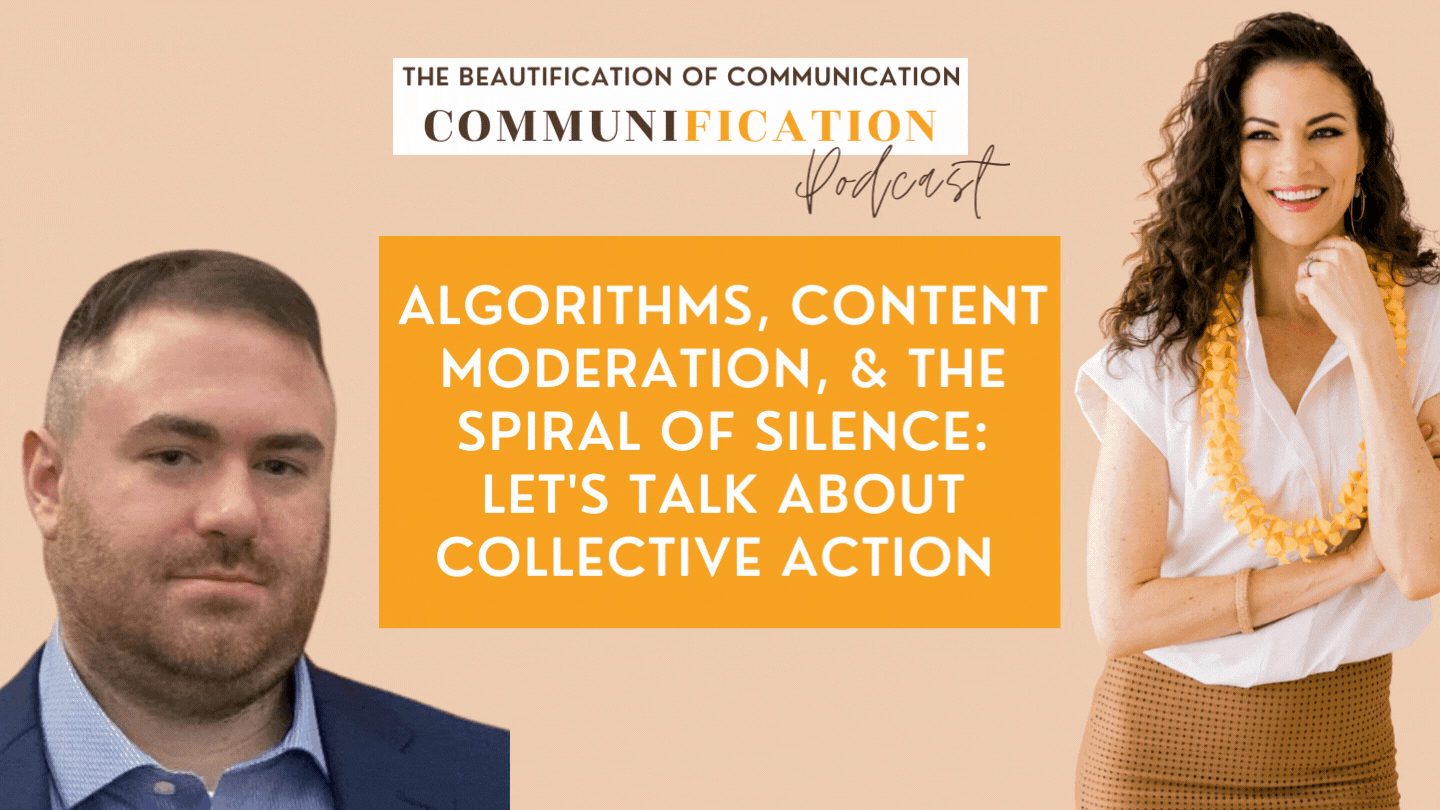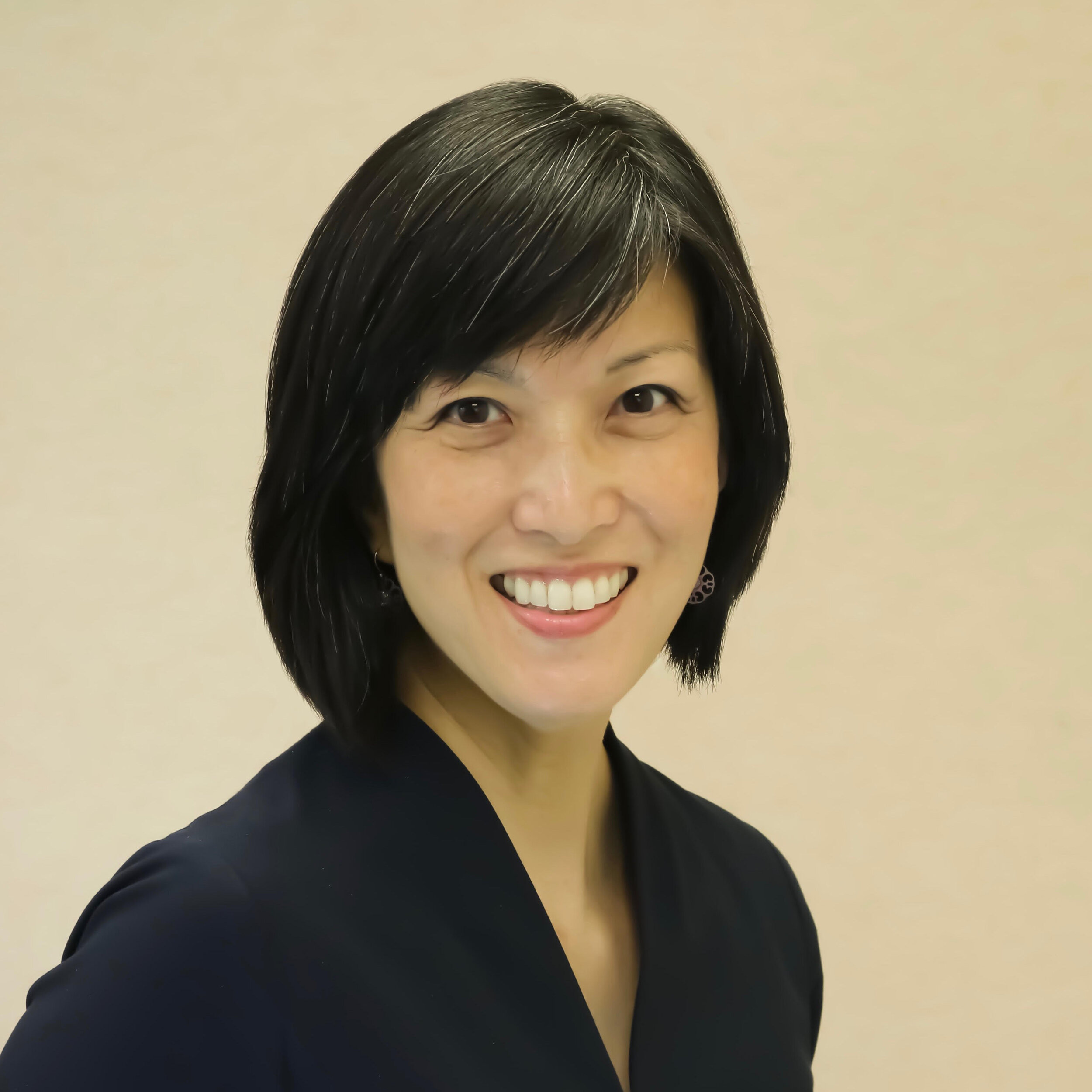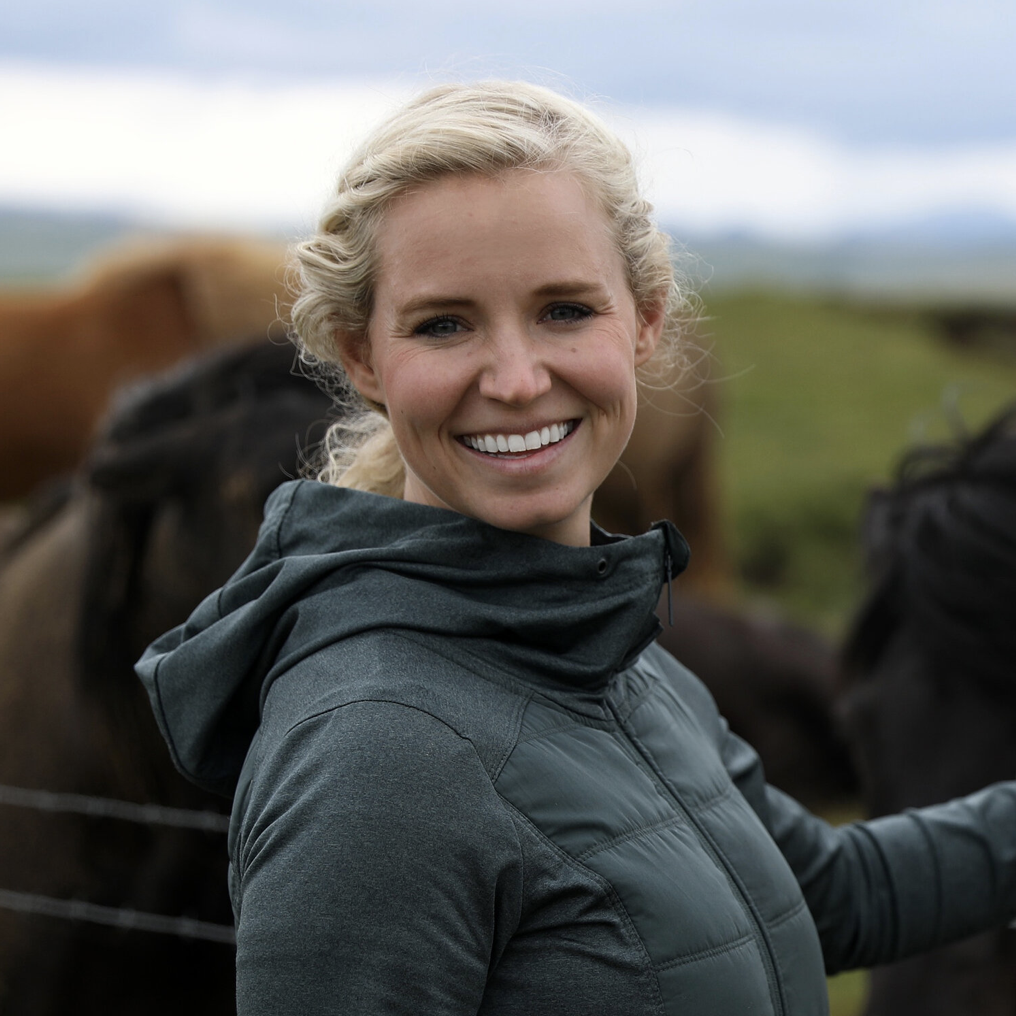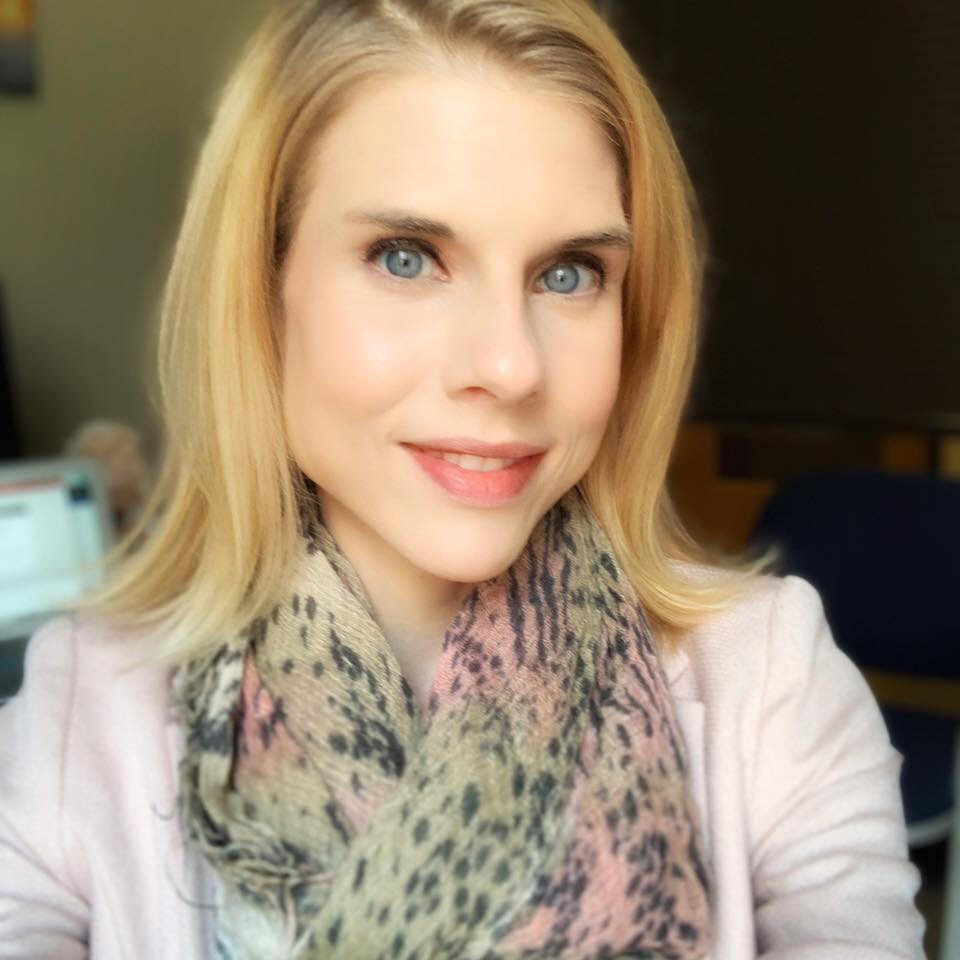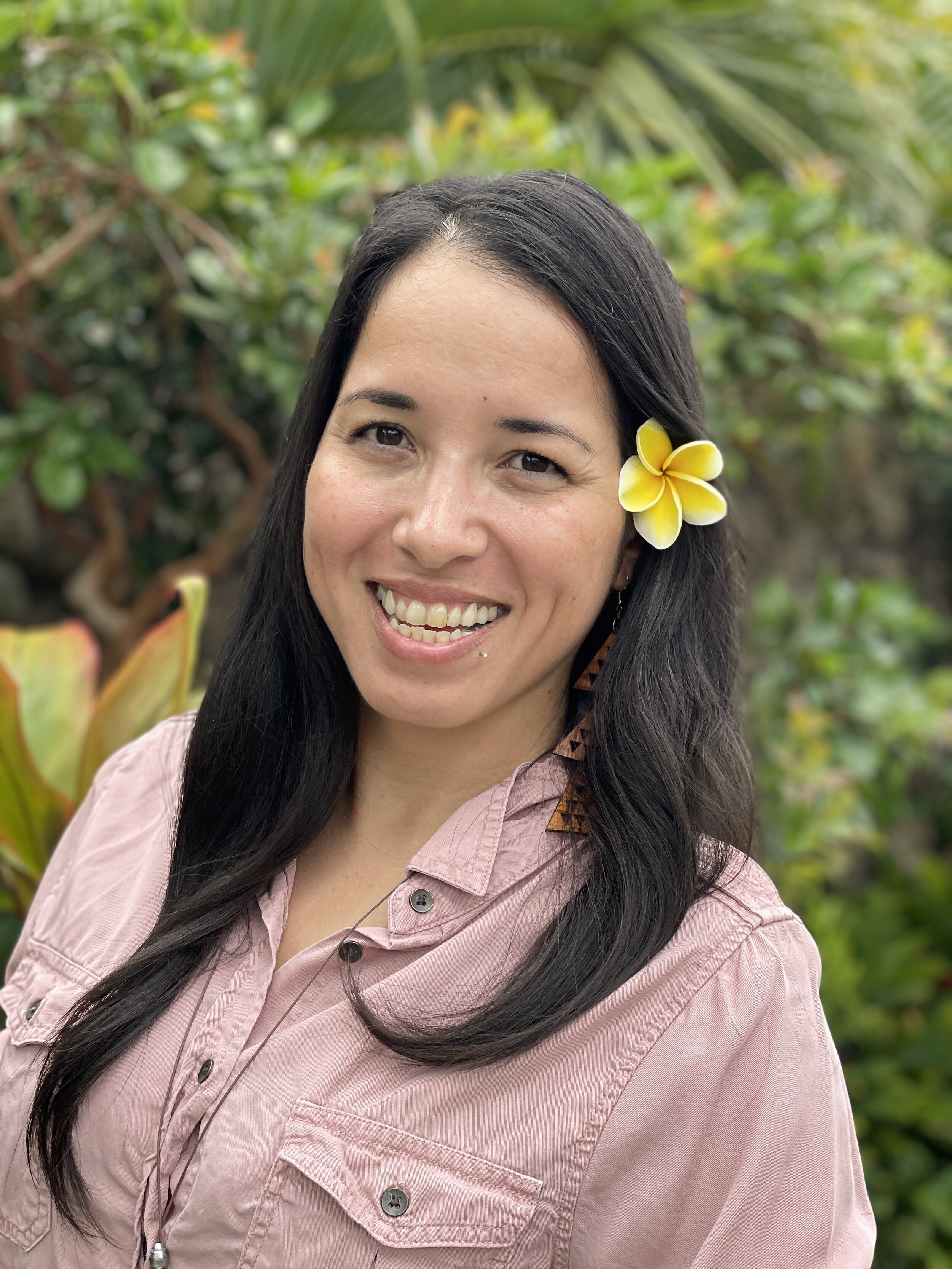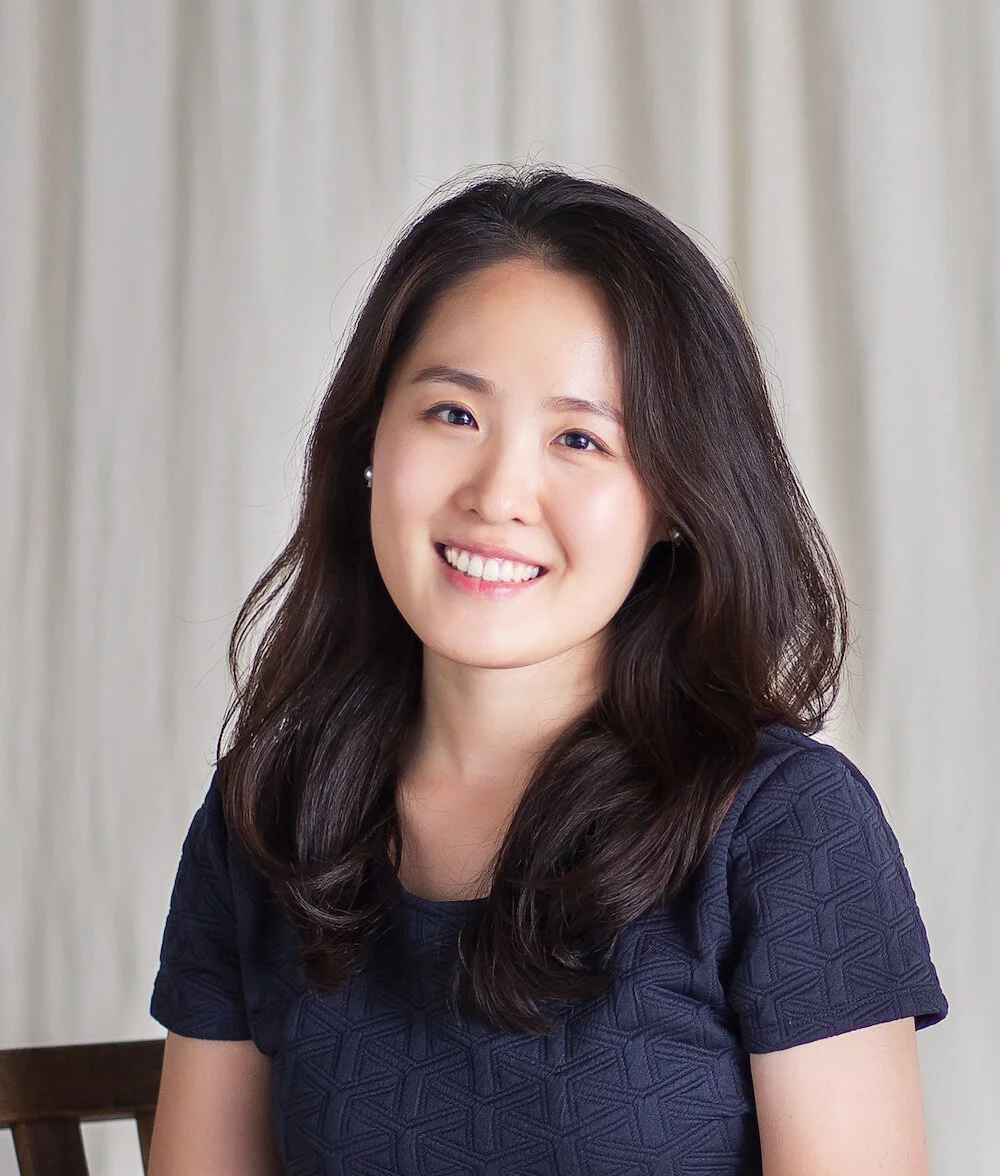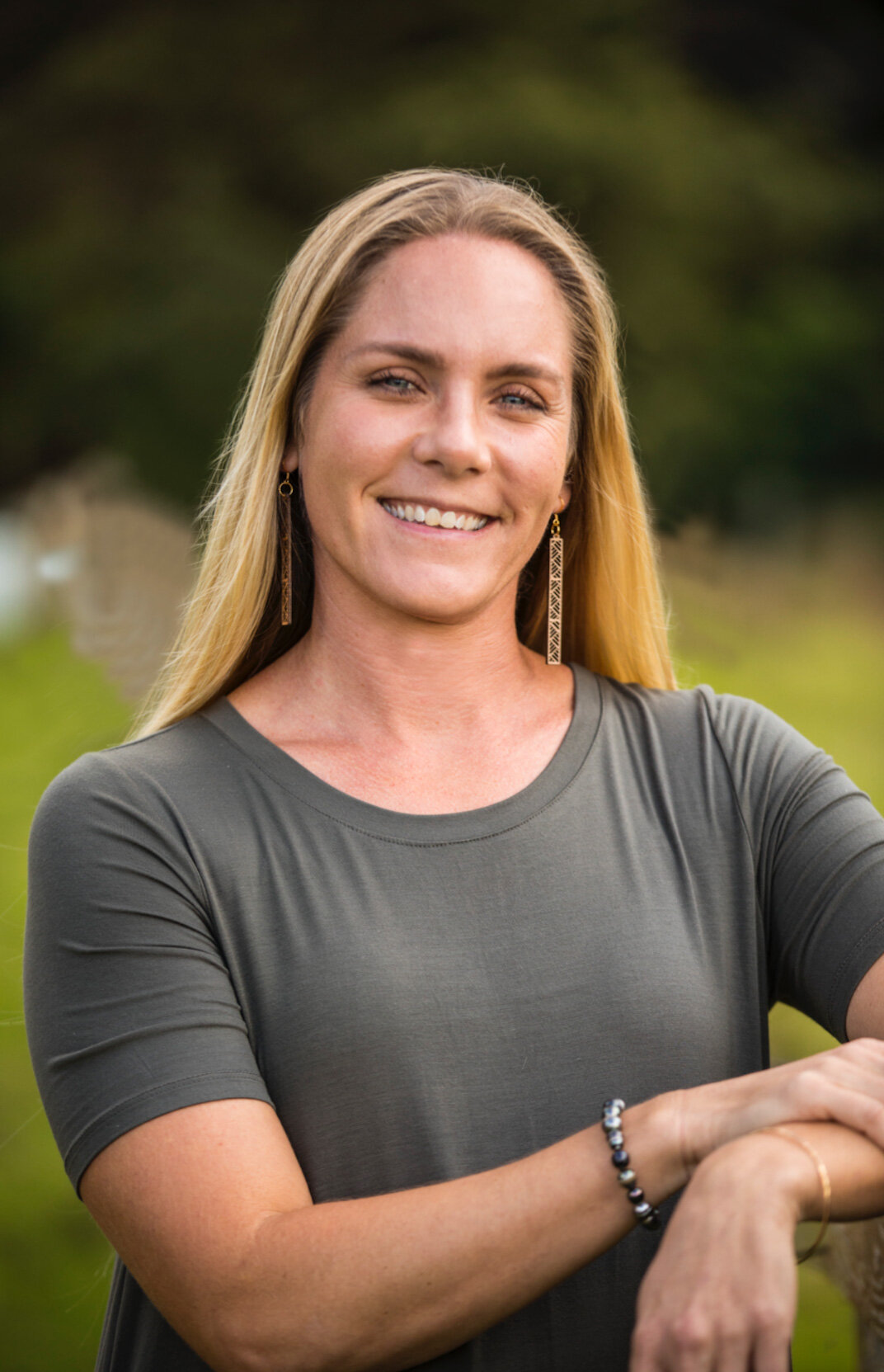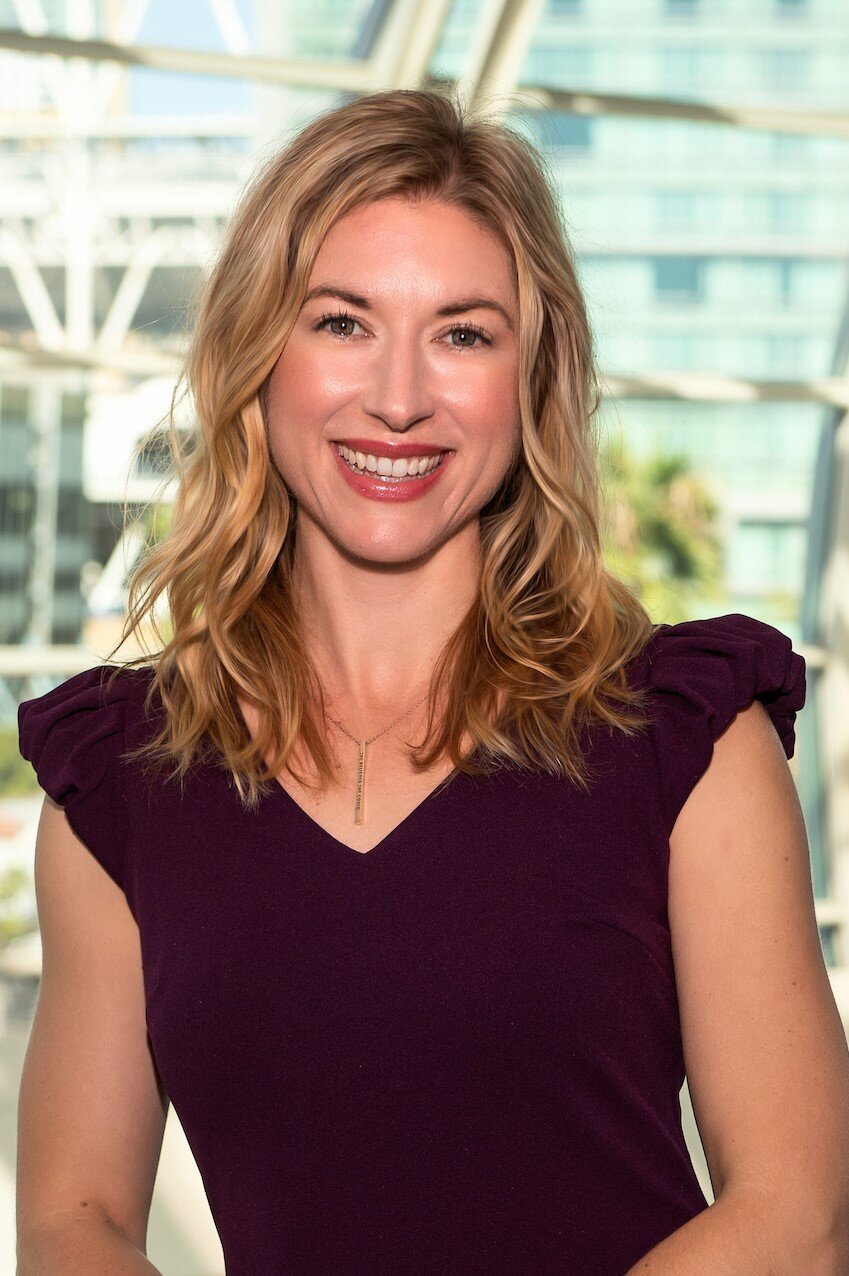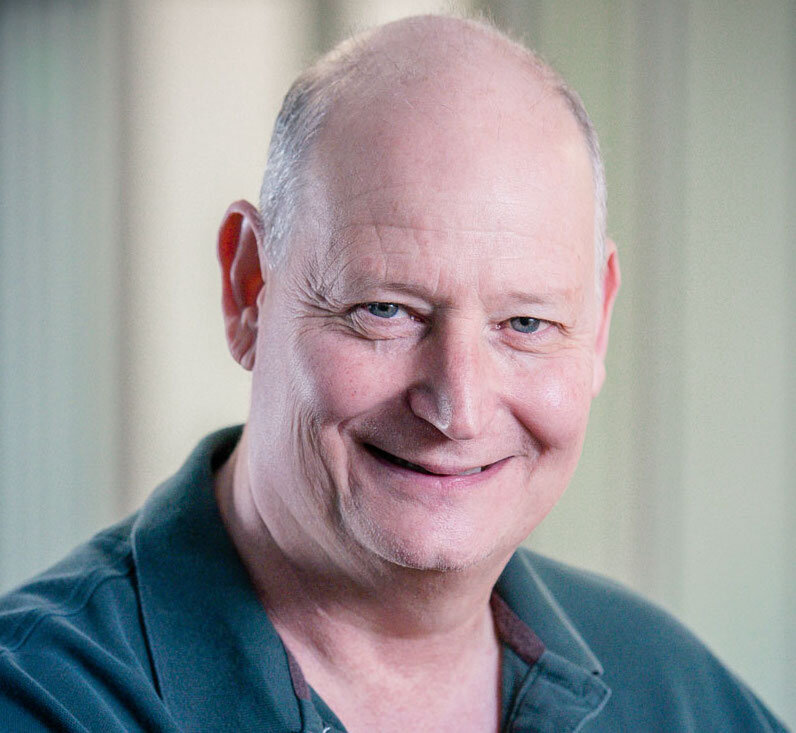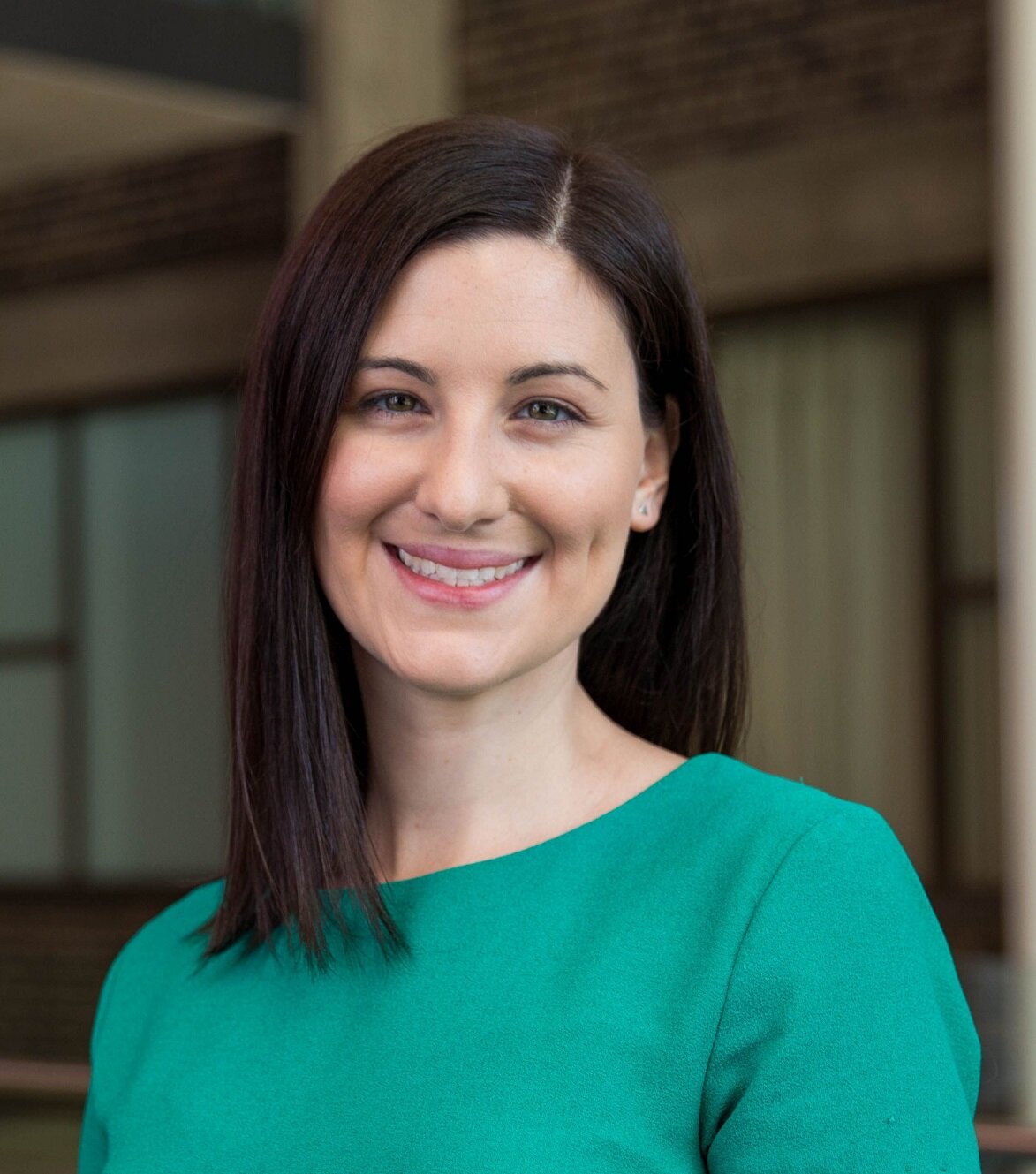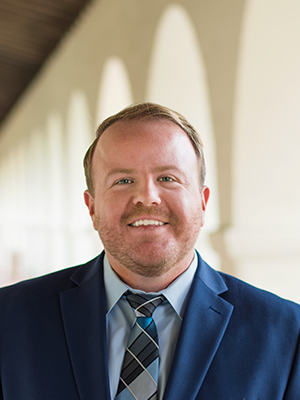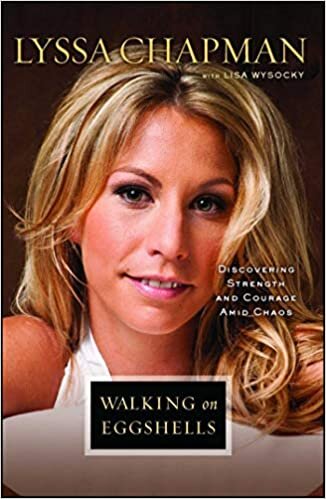Ep. 17: Algorithms, content moderation, & the spiral of silence: Let's talk about collective action- Dr. Ian Hawkins, Part 1
Below you will find the show notes for “Episode 17” of the Communification Podcast.
Mahalo for listening! Welcome to the ‘ohana!
Mahalo to all of Malika’s Instagram followers for watching her reels! The reels bonus has gone to the Maui Food Bank the last few months and is a part of this episode’s pre-roll giveback program!
Main takeaways
An introduction to SIMCA - the social identity model of collective action
How identity, injustice, and efficacy factor into the effectiveness of collective action
Are you impacted by the spiral of silence?
How social media aids and hinders collective actions online
Online and offline collective actions and how they interact
Time codes
GUEST: Dr. Ian Hawkins
[04:00] WHY DR. HAWKINS IS PASSIONATE ABOUT THIS RESEARCH AREA
[07:00] SOCIAL IDENTITY MODEL OF COLLECTIVE ACTION
[08:00] IDENTITY
[08:36] INJUSTICE
[09:00] EFFICACY
[10:00] THE ROLE OF SOCIAL MEDIA OR THE INTERNET IN COLLECTIVE ACTION
[13:00] BENEFITS OF USING THE INTERNET FOR COLLECTIVE ACTION
[17:00] PROBLEMS WITH USING SOCIAL MEDIA FOR COLLECTIVE ACTION
[19:00] THE SPIRAL OF SILENCE
Dr. Ian Hawkins bio
Ian Hawkins is a Visiting Assistant Professor at the University of Alabama at Birmingham and earned his PhD from the University of Michigan. He studies the role of media in influencing inter/intragroup relations using social scientific methods. His research applies an interdisciplinary lens to study two questions. First, how far-right messaging on social media strengthens White identity and upholds structural racism. Second, how stereotypical representations of marginalized groups in American media cultivate negative attitudes and support for discriminatory policies. Currently, he is using longitudinal and experimental methods to examine how exposure to pro-White themes in digital media are influencing willingness to participate in collective actions that exclusively benefit White Americans in the real world. Dr. Hawkins has recently published in journals such as New Media and Society, Journal of Communication, Communication Research, and Psychology of Popular Media.
EPISODE 17: Algorithms, content moderation, & the spiral of silence: Let’s talk about collective action - Dr. Ian Hawkins, Part 1
Malika:
Aloha Dr. Hawkins. Thank you so much for joining me on the communication podcast.
Dr. Hawkins:
Thank you for having me.
Malika:
I really enjoyed reading some of the literature that you've put out. I don't know much about this topic, but it is very interesting to me and I definitely want to know more. So I feel like as a collective, we could all benefit from learning about collective action.
And I'm so excited to have you on the show today. So to start, why don't you tell us a little bit about what drew you to the study of human communication? Why are you interested in this field? Where does your passion come from? What do you study?
WHY DR. HAWKINS IS PASSIONATE ABOUT THIS RESEARCH AREA
Dr. Hawkins:
Yeah, so I actually started doing research on media and communication and psychology as an undergraduate, so my junior year of college. And it all started by being part of a research lab where we were studying media effects. And so we were studying how watching TV shows like Jersey Shore and Real Housewives could make people more narcissistic. We were studying how playing violent games like grand theft auto could make people more aggressive.
And this was really some of the first times that I started to think about how the media that I consume on a daily basis and how everybody else consumes media, at very large rates and their daily lives, how this could potentially influence us and affect us.
I started to think more depth about how identity through the media and through social media could potentially affect the ways in which we act in our everyday lives.
And that research is really what my passion has been about. I really enjoy the ability to explore questions that I find really interesting. And also the really great thing about this research is that media is constantly evolving, social media and how we use it in the content, is always evolving. And so the questions that I'm able to ask and able to explore in my research are also always evolving as well. And I just find that it's really interesting.
Malika:
It's fascinating. It's a blessing and a curse though, right? Because you do research and then, oh, my space is no longer a thing. Or, this new technology just came out.
Dr. Hawkins:
Yeah, exactly. One of my colleagues was doing research on Yik yak, which was a popular social media platform. And then, it stopped becoming viable and went out of business. And so the research he was doing on it had to change and now Yik Yak is actually back, and so it's social media and media more broadly is always changing. And so there's always new questions for researchers and the public to be exploring and asking themselves.
Malika:
Oh, wow. Yeah, it can get complicated. To kick off our discussion, I'm wondering if there are any communication theories or models that you can introduce us to, to help us basically gain a better understanding or maybe build a foundation for our discussion today?
SOCIAL IDENTITY MODEL OF COLLECTIVE ACTION
Dr. Hawkins:
Yeah. So the one that I use really extensively in my research is something called the social identity model of collective action.
I usually refer to it as SIMCA, it's usually abbreviated as SIMCA, so I might say it that way a few different times, but what the SIMCA model essentially is trying to understand is what motivates or leads people to being more likely to participate in collective actions.
And so this model proposes that three things can be really influential at getting people to go out and participate in various different collective actions.
1. IDENTITY
The first thing is identity. So when people have a very strong identity or very strong relationship, to a specific identity. If that identity is threatened, they're going to be more likely to want to go out and participate in some type of collective action that benefits that identity. And oftentimes when we're thinking about different identities in this area, we're thinking about race.
We're thinking about gender, we're thinking about religion, but it can be something as simple as your favorite sports team.
2. INJUSTICE
The next thing that can be really influential for collective action is injustice. So if a group feels like they are being treated unfairly, or they're being treated unjustly. This is going to lead those individuals to want to go out and participate in collective actions that will push back against this injustice or this unfair treatment.
3. EFFICACY
And then the last thing that is really influential for collective action is efficacy. And this is this idea that if a group of people or individuals work together, that they're working together can actually bring about change. And so if individuals are high in efficacy, if they think working together will actually make a difference, this is also going to lead them to being more likely to go out and participate in collective action.
And so again, SIMCA model proposes that identity, injustice and efficacy, these are three really important things that help determine if somebody is going to go out and participate in a collective action.
THE ROLE OF SOCIAL MEDIA OR THE INTERNET IN COLLECTIVE ACTION
Malika:
It makes sense to me. What are some of those ways that people use the internet for collective action?
Dr. Hawkins:
I usually think about social media as having two roles in relation to collective action, social media, or the internet. One is that it can act as a facilitator for collective action.
One of the really big things that leads to collective action is when individuals are able to connect with others who might hold similar beliefs or similar ideas.
And one thing we know about social media and the internet is that it is really good for bringing people together or allowing them to search out other people, groups who might believe the way that they do. And that is one way social media can be used in relation to collective action is acting as a facilitator for bringing people together.
Social media can also act as a platform where collective actions can actually take place.
So for example, we can think about online petitions and signing them as being a form of collective action. Maybe think about something like change.org in certain situations. Also things like liking, posting, sharing, commenting in relation to certain movements, demonstrations, protests, or even various different topics can also be forms of collective action.
And then also more recently we've seen the ability for financial donations directly to certain causes, protest movements, demonstrations as well taking place a lot more on social media. And a lot of these different organizations will have like direct links to things like Venmo, PayPal Patreon on their social media pages.
Or if there are content creators who are creating social media around a demonstration or protest or a movement. They themselves will oftentimes have these links to direct payments as well. And so these are some examples of the ways in which people might use social media to go out and participate in non-face-to-face collective actions.
Malika:
One thing that kind of came to mind for me, a girlfriend of mine, her name is Ocean, she has a lot of followers on social media and she's into conservation and educating people about sharks. And she put out links for people to testify in support of a bill to help protect sharks. So that might be another way.
Dr. Hawkins:
Yeah.
BENEFITS OF USING THE INTERNET FOR COLLECTIVE ACTION
Malika:
Here in Hawaii, our indigenous population of Native Hawaiians, I'm not sure if you're familiar with the movement, but it's called "We Are Maunakea" and they have an immense social media movement going. People like The Rock and Jason Mamoa, Aqua man, posted about this and that even translated into support in the offline movement where they've visited base camp and participated in cultural practices on site.
So maybe you can react to that. And also what are the benefits of using social media for collective action?
Dr. Hawkins:
So I think this goes back to a little bit of what I was saying is this ability to get information out there and connect with other is one of the real benefits of social media and digital media in relation to collective action.
You can create this content, educate people, give them information, even when they might not geographically be located close to where an action is actually happening. This was very difficult to do before we had social media.
And so this would I would say it would be a really kind of benefit of social media.
I think if we think also about what's going on in the world right now with COVID it can be somewhat difficult sometimes to participate in-person kind of face to face collective actions, or people might not necessarily feel super comfortable doing so, but if they still want to get involved, there are ways through social media to do... again, forwarding, links for content to their friends. Like I was saying, providing those financial donations when we have been put in a situation where face-to-face interactions can be a lot more difficult, social media has stepped in and allowed some individuals to still contribute in kind of various ways that again, without social media, they would have a much harder time doing so.
Malika:
That's a really great point. And on the flip side for the people that are trying to organize... well, even if you're not organizing an offline type of event, if you will, it helps them to connect and to organize those activities.
Dr. Hawkins:
Yeah, exactly.
Malika:
And then probably also for marginalized populations that need a voice.
Dr. Hawkins:
Yeah. And so some of my research has actually looked at how marginalized populations can use media to push back against the stereotypes that they're experiencing looking at the 2016 presidential election some of my research looked at how Muslim Americans and the stereotyping and the negativity that was around their group during that election, how viewing that was actually motivational for them to get out there and say, we want to participate in collective actions that push back against the stereotypes.
Especially if that news or the content that they were viewing around their group, if they saw that as biased, it was motivational for them to go out and want to participate in collective actions that push back against those really negative stereotypes that were being seen on social media and throughout the news more broadly.
Malika:
Thanks for sharing that. Yeah. That's amazing that it can help to motivate that type of pro-social collective action to counteract whatever that bias or whatever it is that you're seeing in the media.
There's the two sides of the coin, right? There's this positive side, but there's also this negative side. Why did they have to create the collective action in the first place? So most of us have been at the very least exposed, to some of what you just mentioned, and it's not always in a positive way. So communication- wise, what are some of the problems that people can encounter, or that can occur?
PROBLEMS WITH USING SOCIAL MEDIA FOR COLLECTIVE ACTION
Dr. Hawkins:
So throughout media, more broadly, and specifically social media, we see a lot of in-group and out-group dynamics. And this is what a lot of my research is focusing on looking at in- group out- group dynamics in relation to race, ethnicity, and religion, and also in relation to political ideology and political orientation.
And one thing we know is that media, especially social media, can be very highly polarized, especially in relation to politics. And we've seen more recently in the last few years, even social media platforms coming out, focus in on this.
So things like parlor is a good example, or Donald Trump's recent new social media platform. I think it's called Truth social? As being spaces that are very highly polarized, especially towards right-leaning politics, but even platforms like Reddit, we've seen this as well. So platforms that are a little bit more mainstream, we've also seen this. And this can be really harmful for a few different reasons, theoretically or hypothetically, it can lead to things like echo chambers, where people will see more content that just reinforces the beliefs that they already have.
There's a lot of people doing research on this topic to see are echo chambers there? And how horrible are they to people? We could even think about the algorithms or the social media platforms and how they might push people down certain rabbit holes as potentially being harmful as well.
But again, these are kind of things that are continually being explored as social media platforms try to like tweak their algorithms to avoid this. There's just more and more research coming out on this, like every single day.
THE SPIRAL OF SILENCE
Malika:
So interesting. And what about the spiral of silence? Can you tell us about that?
Dr. Hawkins:
So this is this idea that in media or on social media more broadly, people might start to be fearful or not want to speak out.
And so their voices will be silenced and this can be really problematic depending on the topic and the context in which this is happening and sometimes social media platforms and their algorithms might even silence individuals themselves.
So there's a lot of research out there on content moderation and talking about the ways in which certain groups, especially marginalized groups are oftentimes having their content moderated both by the algorithms of the social media platforms and how people might report their content. I have some really interesting work in progress, which explores how black women oftentimes face more bias on social media platforms for the content that they post that pushes back against stereotypes and things like that. And there's some research out there also talking about how the algorithms from some of these social media platforms, might moderate black women's content, more so than other groups.
So it's, it can be definitely very harmful. When we're thinking about the ways in which content and what people post and how they might be trying to engage in counter speech and push back against these really harmful narratives. How their contents might particularly be moderated or potentially be moderated.
Malika:
Wow. I can't wait to hear the results of your research. I will put in the show notes, by the way everyone, a link to Dr. Ian Hawkins and his work, so you can follow his work. My last question, when it comes to the problems, and I'm not quite sure if it is a problem, because earlier you were talking about how, because of COVID especially, that we might not feel safe to be offline, to be in person and create and be a part of those movements and be a part of that collective action. And so we're participating uniquely online, but there is this idea or this notion of slacktivism. So could you define that for us? And is it helpful, harmful, neither, both?
PART 2 of my discussion with Dr. Ian Hawkins will be in Episode 18. Mahalo for listening!
References
Dr. Ian Hawkins Google Scholar page
The YouTube version of Episodes 17 & 18:
Current episodes of the Communification Podcast
Click below to see the show notes & listen in to Season 1!


